 W
WBrigadier General Benedict Arnold was an American-born senior officer of the British Army who commanded the American Legion in the later part of the Revolutionary War. He is best known for his defection from the Continental Army to the British side of the conflict in 1780. General George Washington had given him his fullest trust and placed him in command of the West Point, New York. Arnold planned to surrender the fort to British forces, but the plot was discovered in September 1780 and he fled to the British lines. Arnold's name quickly became a byword in the United States for treason and betrayal because he led the British army in battle against the very men whom he had once commanded.
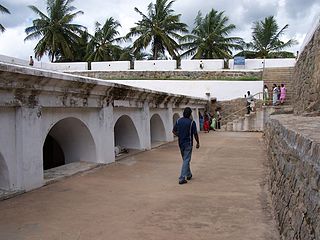 W
WWilliam Baillie was a British lieutenant-colonel in the East India Company's service. He was captured by Hyder Ali in 1780 at the Battle of Pollilur, and died in captivity in Seringapatam.
 W
WDominic Bruce, was a British Royal Air Force officer, known as the "Medium Sized Man." He has been described as "the most ingenious escaper" of the Second World War. He made seventeen attempts at escaping from POW camps, including several attempts to escape from Colditz Castle, a castle that housed prisoners of war "deemed incorrigible".
 W
WLieutenant General Sir Harry Calvert, 1st Baronet was a British general.
 W
WLieutenant-General Sir Alan Cameron of Erracht was a Scottish soldier who, at his own expense in 1793, raised the 79th Regiment of Foot.
 W
WSir Winston Leonard Spencer Churchill, was a British statesman, army officer, and writer. He was Prime Minister of the United Kingdom from 1940 to 1945, when he led the country to victory in the Second World War, and again from 1951 to 1955. Apart from two years between 1922 and 1924, Churchill was a Member of Parliament (MP) from 1900 to 1964 and represented a total of five constituencies. Ideologically an economic liberal and imperialist, he was for most of his career a member of the Conservative Party, as leader from 1940 to 1955. He was a member of the Liberal Party from 1904 to 1924.
 W
WSir Eyre Coote was an Irish-born British soldier and politician who served as Governor of Jamaica. He attained the rank of general in the British Army and was created a Knight Grand Cross of the Order of the Bath before being stripped of his rank and honours in 1816 after conduct unbecoming an officer and a gentleman.
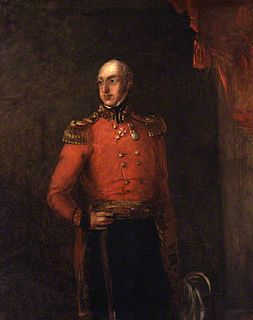 W
WMajor-General William George Keith Elphinstone CB was an officer of the British Army during the 19th century.
 W
WLieutenant Colonel William Eagleson Gordon, VC, CBE was a Scottish British Army officer and recipient of the Victoria Cross, the highest and most prestigious award for gallantry in the face of the enemy that can be awarded to British and Commonwealth forces. He is the older brother of Archibald Alexander Gordon, who received the Legion of Honour and Order of Leopold.
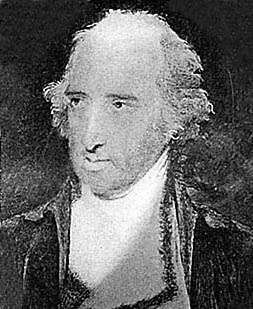 W
WHenry Hamilton was an Anglo-Irish military officer and later government official of the British Empire. He served in North America as Lieutenant Governor of the Province of Quebec and later as Deputy Governor after the Revolutionary War. He later served as Governor of Bermuda and lastly, as Governor of Dominica, where he died in office.
General James Inglis Hamilton was a Scottish soldier. He enlisted in the British Army in 1755 and commanded several regiments. He was the only colonel of the 113th Regiment of Foot. During the Seven Years' War (1756–1763), Hamilton fought in the Siege of Fort St Philip, the Raid on St Malo, and the Capture of Belle Île.
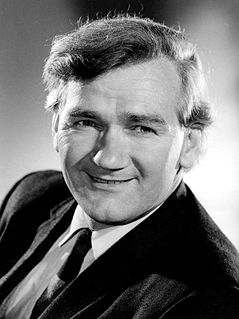 W
WPercy Herbert was an English actor. He worked predominantly from the 1950s into the 1970s and became one of the most recognisable faces in post-war British cinema.
 W
WSir Rex Masterman Hunt, was an English British Government diplomat and colonial administrator. He was Governor, Commander-in-Chief, and Vice Admiral of the Falkland Islands between 1980 and September 1985. He became a household name in the United Kingdom during the Falklands War, after the Argentine invasion of the islands in 1982, when he was taken prisoner and temporarily removed from his position.
 W
WJoseph Kellaway VC was an English recipient of the Victoria Cross, the highest and most prestigious award for gallantry in the face of the enemy that can be awarded to British and Commonwealth forces.
 W
WHrant Maloyan, also known as Hrant Bek, was a Syrian-Armenian military serviceman who became the general officer of the Syrian army and was appointed General Command of the Internal Security Forces in Syria.
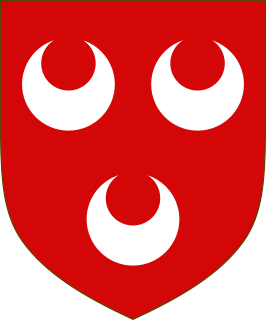 W
WSir William Oliphant, Lord of Aberdalgie and Dupplin, was a Scottish magnate, knight and leader during the Wars of Scottish Independence.
 W
WSamuel Parkes VC was an English recipient of the Victoria Cross, the highest and most prestigious award for gallantry in the face of the enemy that can be awarded to British and Commonwealth forces. Parkes was awarded his VC for his actions during the Charge of the Light Brigade.
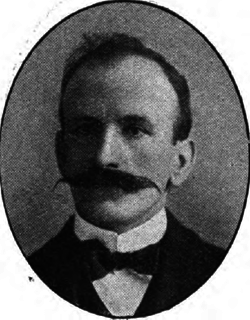 W
WThomas Proctor was a British trade unionist and Labour Party politician.
 W
WJames Scurry (1766–1822) was a British soldier and memoirist. He was held captive by Hyder Ali and Tipu Sultan for 10 years (1780–1790) at Seringapatam. He had been kept as a prisoner, first at Bangalore and then moved to the Seringapatnam fort. After his escape from Tipu's army, in Chitterdroog, he reached an English camp. He prepared a narrative of his captivity in 1794, but it was not published until 1824, after his death.
 W
WMajor-General Sir William Penn Symons KCB was a British Army officer who was mortally wounded as he commanded his forces at the Battle of Talana Hill during the Second Boer War. While his forces won the battle, they had to abandon their position and fall back to Ladysmith. Symons and the more severely wounded were left to the Boers; he died three days later as a prisoner of war. A monument to his valour was raised in Victoria Park, Saltash, Cornwall, UK.
 W
WGeneral Sir William Fenwick Williams, 1st Baronet of Kars was a Nova Scotian and renowned military leader for the British during the Victorian era.
 W
WWing Commander Forest Frederick Edward Yeo-Thomas,, known as "Tommy", was a British Special Operations Executive (SOE) agent in the Second World War. Codenamed "SEAHORSE" and "SHELLEY" in the SOE, Yeo-Thomas was known by the Gestapo as "The White Rabbit". His particular sphere of operations was Occupied and Vichy France. He was one of the most highly decorated agents in the Second World War.